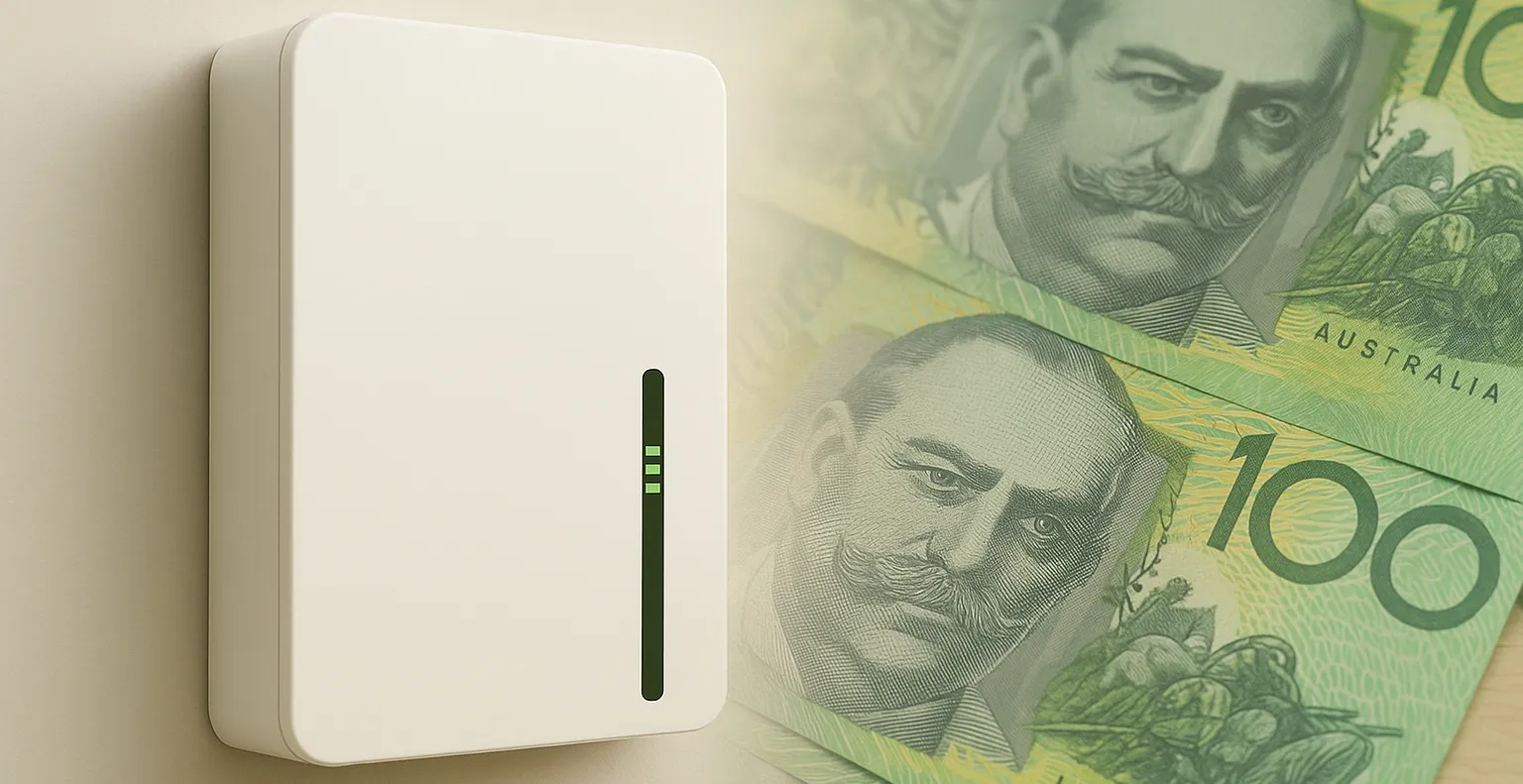We all know our great country as the "sunburnt land," and it's this abundance of sunshine that makes Australia a prime spot for solar power. However, while our endless summer days mean more potential electricity production, they also bring scorching temperatures that can actually reduce the efficiency of solar panels.
Heat vs Efficiency
Solar panels work by harnessing sunlight and converting it into electricity through the photovoltaic effect. This involves exciting electrons within the semiconductive material of the panels. But when the Aussie summer cranks up the heat, these electrons get a bit too excited, reducing their efficiency and the voltage output. Think of it like trying to herd a mob of sheep on a blistering day—they're all over the place! Higher temperatures also increase electrical resistance within the panel's circuitry, which further lowers power output.
Staying Cool for Peak Performance
Most solar panels are rated for peak efficiency at a standard temperature of 25°C. However, our summers often soar well beyond that. For every degree above this, the efficiency drops by about 0.3% to 0.5%. And remember, this refers to the panel temperature, not just the air around them. Solar panels can get quite hot, absorbing as much sunlight as possible.
Interestingly, heat-induced efficiency loss can be managed if you understand the local climate and design your system accordingly. Using panels with a high-temperature coefficient is one effective approach.
There is a good article on SolarQuotes that dives into the technical details of heat and solar panel efficiency here: Yes, Heat Reduces Solar Panel Output. But Not Enough To Worry About
Beating the Heat with Clever Design
Here are some of the strategies that qualified solar installers may use to keep solar panels cool and efficient:
- Smart Siting: Elevate panels slightly above the roof to allow airflow, creating a natural cooling effect. A gap of at least 10cm is recommended by the Clean Energy Council.
- Colour Selection: Opt for lighter-coloured panels, which reflect more sunlight and absorb less heat. It's like wearing a white singlet on a scorching day—it helps keep things cooler.
- Shade for Supporting Systems: Place inverters and combiner boxes in shaded areas to prevent overheating, ensuring overall system efficiency. Even the hardest-working parts of your solar setup need a break from the sun!
- Temperature Coefficient: When choosing panels, look for a low-temperature coefficient. This spec tells you how much efficiency is lost as temperatures rise, giving you an idea of how well the panels will perform in the Aussie heat.
Investing in Quality and Expertise
To get the most out of your solar power system, it's crucial to invest in high-quality components and hire a reputable, Clean Energy Council-accredited installer. A well-designed system, considering your building's orientation, local climate, and weather patterns, will maximise production and minimise the impact of high temperatures.
High temperatures can affect solar panel efficiency, but with a solid understanding of the science and by implementing some clever, Aussie-specific strategies, you can effectively harness solar energy without stressing over the heat. By investing in quality components and professional installation, your solar system will provide top performance for years, reducing your reliance on the grid and keeping your home cool. It's a win-win for your wallet and the environment.
For any additional guidance or if you're ready to take the next step towards installing a solar power system, consider getting a free quote from SolarQuotes.
Sources and related links:
- National Renewable Energy Laboratory - Best Research-Cell Efficiency Charts
- Green Tech Renewables - How Does Heat Affect Solar Panel Efficiencies?
- Solar Energy Industries Association - Solar Panel Installation Best Practices
- CSIRO - Not too hot, not too cold. What’s ‘just right’ for solar PV?



